The scene is set. Confirmation from Valencia GAA that they will host Round 3 of the Iberian Championship on March 11. This will be the final installment of a three-round championship in which the Barcelona Gaels, Madrid Harps, and Valencia GAA battle it out to be crowned king of Iberian Gaelic Football.
Word spread while Barcelona Gaels were in the midst of celebrating a hard fought win in Round 2 just three weeks earlier. Having not won a single game in over a year, the Gaels eased past Madrid and Valencia on a beautiful Spring Saturday in Barcelona to reclaim their home title for the first time in three years. The 18th of February 2023, a date etched in the annals of Gaels folklore. The exuberant side had finally gotten the monkey off their back, and the celebrations, as expected, wandered into Monday morning. Despite the jubilation, a group text was sent out at midday on Tuesday: “Ok men, as mentioned on Saturday, just a little bit longer of me being a pain in your ass until Valencia and then we’ll take a bit of a break. We’re right back at it tomorrow at UB pitch at 8pm.” With a win in Valencia, Barcelona would claim the Iberian title and progress to the European Championship semi-final. Despite the 48-72 hour celebrations, feet were still firmly on the ground.
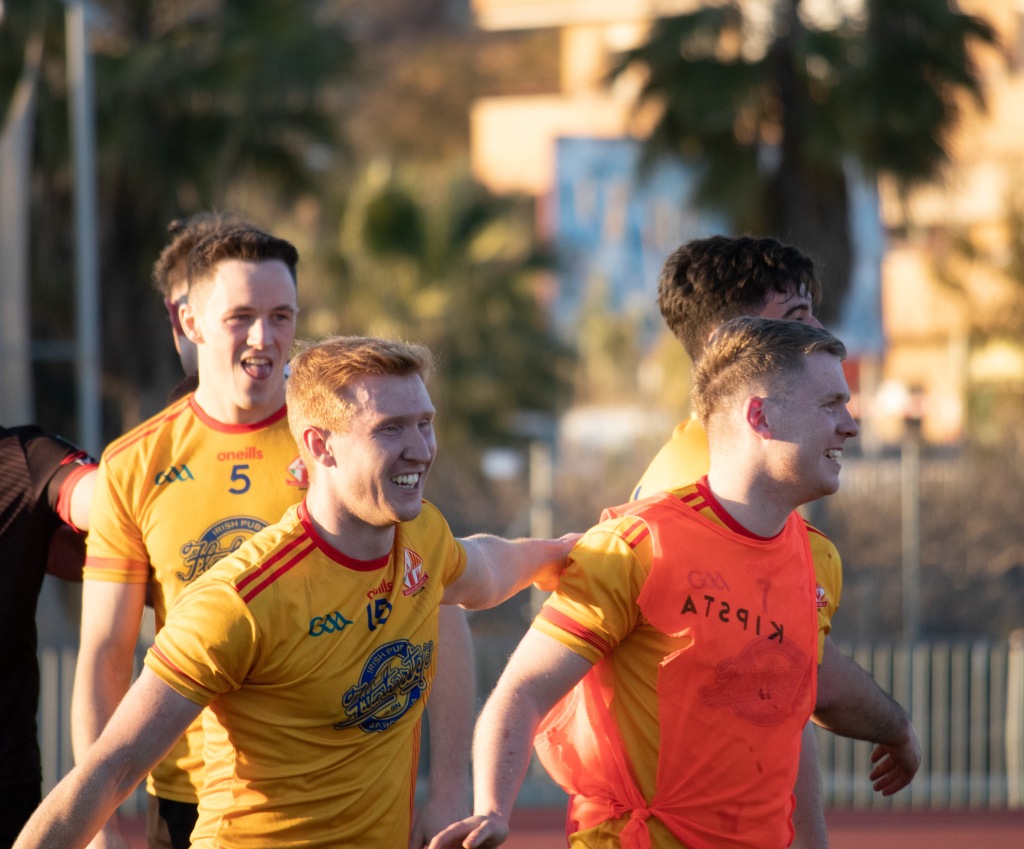
Round 1 was battled out in Madrid on December 9th 2022. While the world watched Argentina beat Netherlands on penalties the night before, Valencia grinded out what felt like an equally important win against Madrid in the final the following day, after both Madrid and Valencia both brushed aside Barcelona. In these tournaments, a tournament win on away turf is far from easy. Player availability, work commitments, and cost of travel means that more often than not the home team will have the strongest squad at their disposal. Which made Valencia’s win over Madrid all the more impressive. Flair, hunger, panache. Valencia had it all on the day. That made it one tournament win for Barcelona, and one tournament win for Valencia going into Round 3. With the final round taking place in Valencia, the Madrid Harps had their work cut out if they wanted to be crowned ‘king’ of Spain. With that being said, if Spanish politics is anything to go by, the Madridista’s will move heaven and earth to win that title. Don’t count them out.
For context, each round is a blitz-style tournament that takes place on a Saturday. Each game is 30 minutes (15 minutes a half), and the top two teams play a final at the end of the day. Don’t be fooled by the fact that the games are played on rugby pitches and only 11-a-side, each fixture is fought as if it’s an All-Ireland final. The nature of being a GAA club abroad means that you will have players coming and going, but somehow these tournaments bring squads together as if they have been representing the club since childhood. It almost feels like all the Irish expats get their fix of championship Gaelic Football in these tournaments. The intensity. The physicality. The passion. It all pours out. The referee’s, who are more often than not local, can vouch for that. Unlike in Ireland, though, after the tournament the tradition is to share a meal with the visiting teams and have a few drinks. Normally, all shirt-pulls and shoulders are forgotten and the night goes smoothly. Normally.
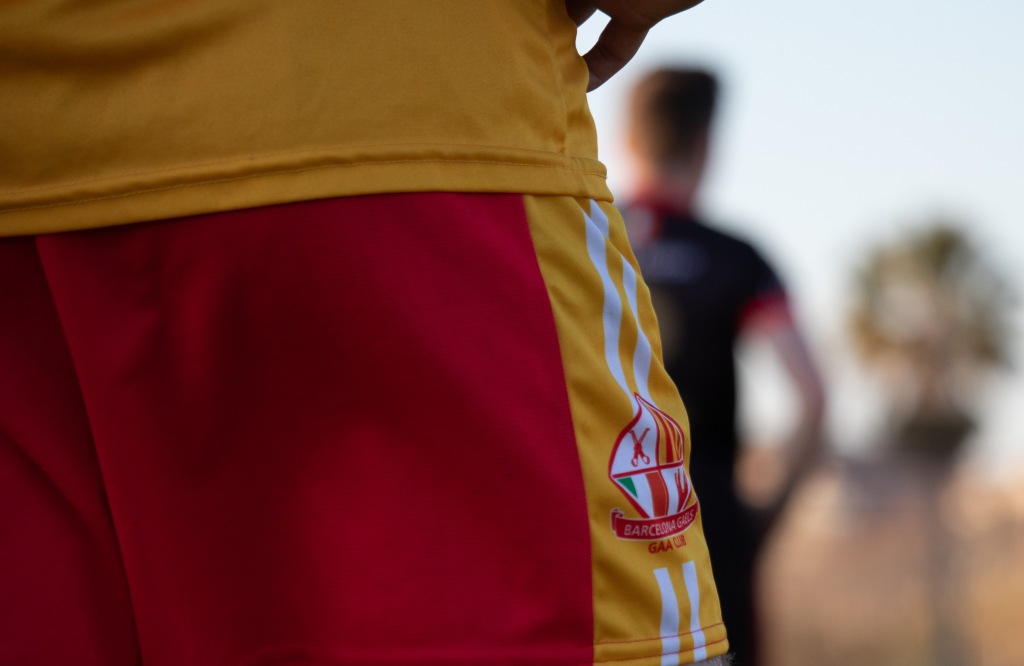
“Some day for football”, was said as the teams had a wander around the astroturf pitch, studying each blade as if it were Croke Park on a Sunday in late July. Despite the game being on an astroturf pitch and using rugby posts as goals, it was 30 degrees and there wasn’t a cloud in the sky. It was a lovely day for a bit of GAA. But with that comes its own dangers. Irish in the sun. As expected, it seemed as if there was a dire shortage of sun cream brought by each team, with one bottle being passed around by the squads. By the last player, the bottle was being shaken in order to get the cream out. Let’s pray someone else brought some too.
Another problem facing these tournaments is playing with rugby goalposts. The same problem is faced in the Madrid and Barcelona tournaments, as the typical rugby crossbar stands at 3 meters while a GAA crossbar should stand at 2.5 meters. You’d wonder why the GAA wouldn’t invest in a few pitches and goalposts for expats over in Spain to make it a bit easier wouldn’t you? While we don’t have the capacity to simply swap goalposts like they did for the 6 Nations in Croke Park back in 2007, more creative measures are taken. So, the host club simply tapes a plastic crossbar 0.5 metres below the rugby one, and if the ball hits the rugby crossbar the referee gives a point. Case closed. Despite some confusion mid game when the ball rattles back into play off the crossbar but it counts as a point, the solution actually works fine.
It’s action packed. First through-in is at 12:30, and the clubs also have ladies and ‘B’ teams competing for silverware on the same day, so it’s non-stop. Valencia versus Barcelona kicked off proceedings, and the home team brushed aside the Catalans, winning by seven points. The games are 15 minutes each half, but it feels like a lot more in the blistering heat. Next up was Madrid versus Barcelona, a do or die game for Barcelona as should they not get the victory, the chances are that they would be out of the tournament. In an incredibly hard fought game, a last minute outside of the boot equalising point from Madrid ended Barcelona’s hopes of victory. From jubilation just three weeks earlier to being out of the Iberian Championship for another year. In for a shower, quick team talk, and then back out into the sun for a few beers and to cheer on the ladies and the ‘B’ team. While the men’s final between Valencia and Madrid was supposed to take place at 17:00, it got pushed back to 19:30 as the host venue double booked the pitch. As you can imagine, GAA doesn’t have much bargaining power when it comes to who has preference if a pitch is double booked. Nonetheless, the two hour gap just gave fans more than enough time to line their stomachs with Estrella Galicia.
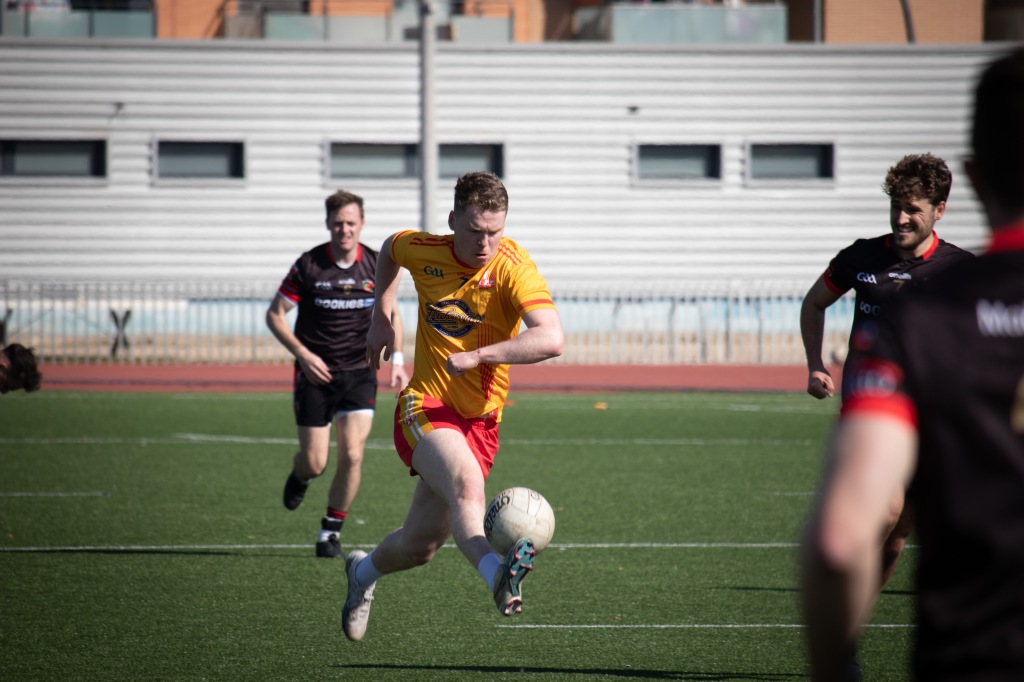
Finally, as the ‘foreign’ rugby match came to a close, and to the rowdy crowds delight, the final started. Intense as always, it didn’t disappoint. The floodlights being turned on for the occasion added a homely feel to it. There’s something about sports being played under lights. It’s just different, adds a feel that isn’t there in daylight. A nip and tuck game, the final eventually went to extra time, and both teams were physically drained. With the game still being a draw in the dying minutes of extra time, the referee blew the whistle with a slightly confused look on his face. “What do we do now?”. Should there have been tickets on sale or a bigger crowd, I’m sure the GAA would have jumped at the chance to organise a replay, but penalties was the decision, creating even more excitement amongst the already drunk fans.
Eventually, after both sides missed two penalties, Madrid won in sudden death to the jubilation of the fans. Having started at 12:30, the tournament finally came to a close at around 20:30. The winners joined in the lively celebrations promptly after the win, and the queue for paella started to form at the pitch bar. Valencia, the original home of paella, really does it right. In Spain, of course, there was no vegetarian option, so you could choose between fish or meat paella. So, so good. Back to the hostel, quick change of clothes, and all teams gather at the local pub. Another year of the Iberian Championship in the books, and Valencia go marching onto the European qualification tournament in Vigo, scheduled for May. For Madrid and Barcelona, it’s a long break before the 15 a side European Championship starts in September. Another fantastic tournament in the books. The train back to Barcelona was a fun one the day after, with our faces redder than the cans of Estrella we were horsing through. Wherever you are in the world, you’ll always find a GAA team. And the craic that goes with it.
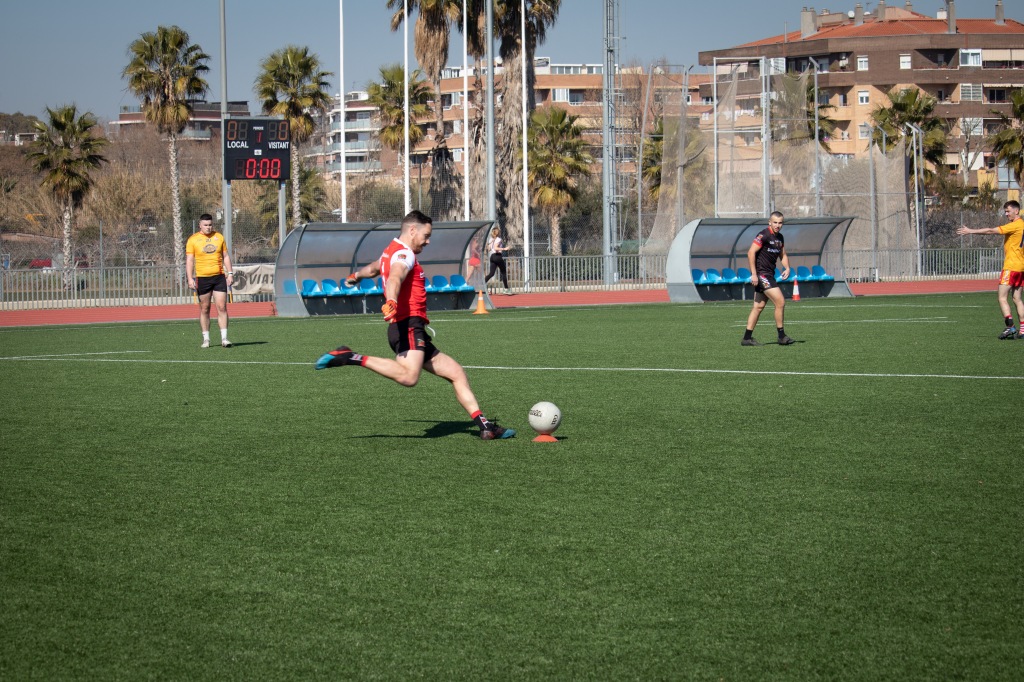
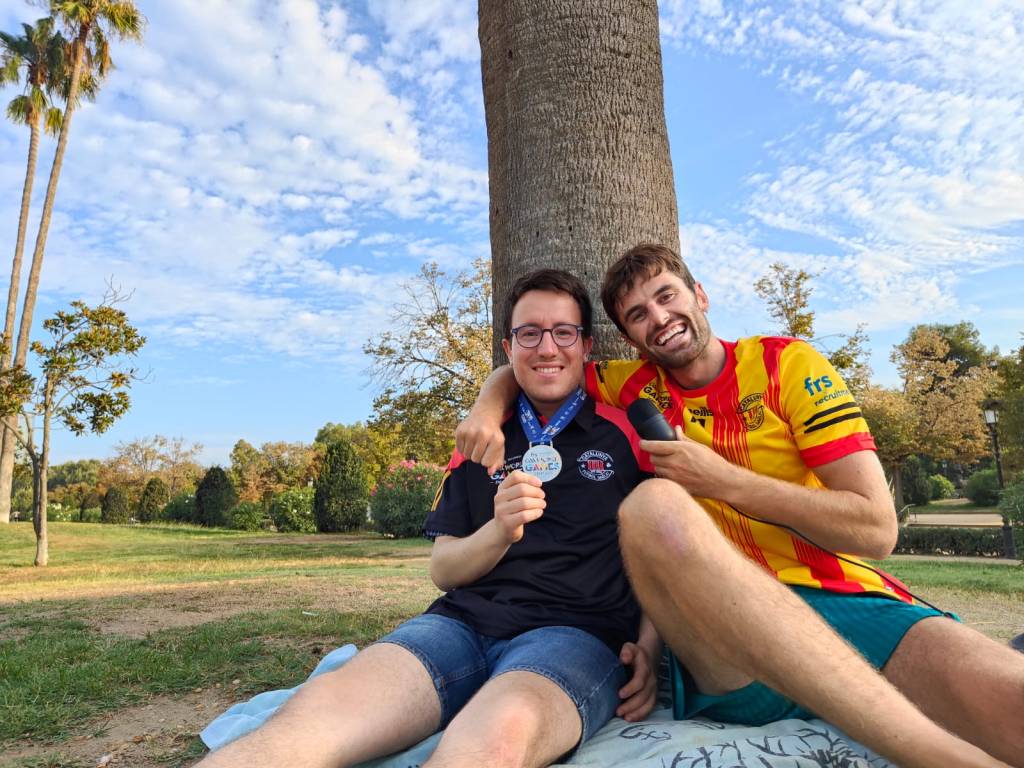
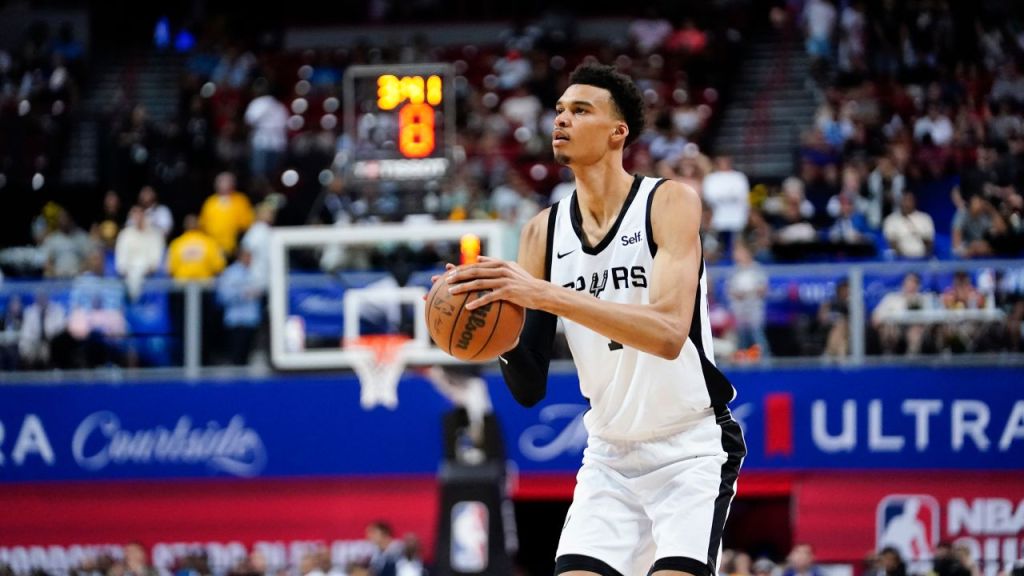

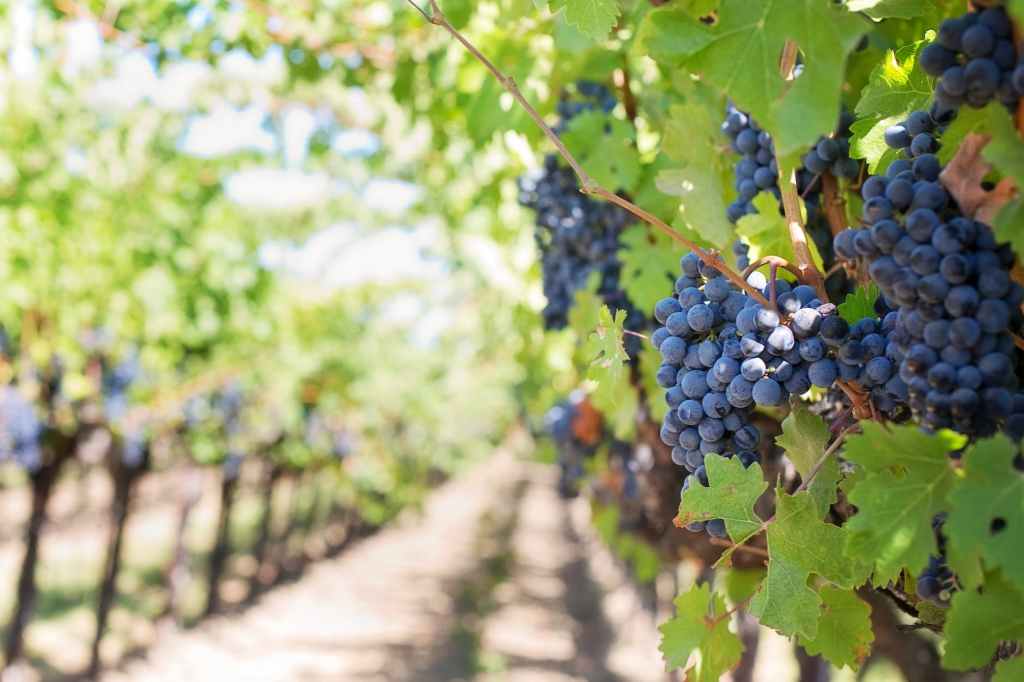
Leave a comment